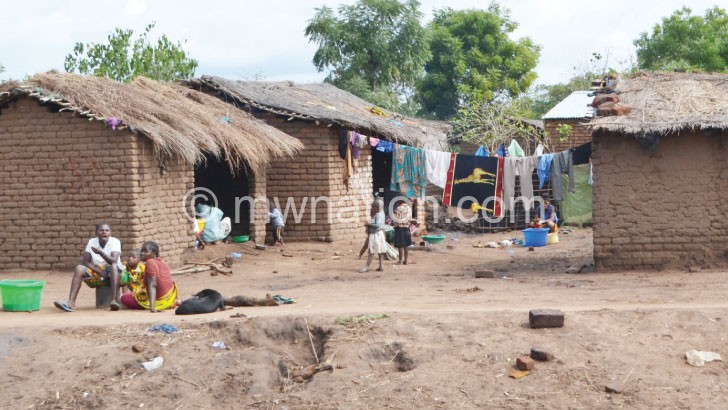Tough times for Low wage earners
Minimum wage earners are struggling to provide for their families following a decline in income due to the Covid-19 pandemic, Centre for Social Concern (CfSC) has said.
CfSC programme officer for economic governance Bernard Mphepo said in a written response on Friday that with urban households requiring K100 000 a month for food, a 12 percent decline in income means more problems for minimum wage earners. The minimum wage is pegged at K35 000 monthly.
He said aside from the rising cost of living in urban areas hovering over K194 000 a month for a family of six, a decline in fuel prices did impact consumers.
Said Mphepo: “On average, a family of six needs two 50- kilogramme bags of maize per month, rentals, water, charcoal or firewood, transport, school fees, bread, sugar and salt, among other basic needs.

“Majority of Malawians receive a net income of less than the food poverty line of K100 000. CfSC has noted with concern that the cost of living has increased with the Covid-19 pandemic.”
Hope Ganizani, a Blantyre-based father of four, said in an interview on Friday that he has been struggling to provide for his family due to reduced income.
Said the 33-year-old: “Following the Covid-19 pandemic, there has been a decline in the number of people boarding minibuses. Again, government instructed minibus operators to halve their capacity.
“As such, the money I earn on a daily basis has fallen from an average of K2 500 a day to K1 000, but it can be worse sometimes.”
Up to the first half of this year, Malawi Energy Regulatory Authority revised fuel prices downwards three times before maintaining them at K690.50 per litre for petrol, K664.80 per litre for diesel and K441 per litre for paraffin.
The International Food Policy Research Institute (Ifpri), on the other hand, has found that Covid-19 social distancing measures effected in April, have reduced household incomes by an average of 11.4 percent, with the urban household losing an estimated 12.8 percent while the rural household losses stand at 10.2 percent.
Ifpri says this has pushed the poverty rate by 5.8 percentage points to 56.3 percent with 900 000 people in rural areas and another 200 000 people in the urban areas falling into the poverty. trap
Consumer rights activist John Kapito, who is also Consumers Association of Malawi executive director, observed that the ongoing retrenchments and work-from-home programme have had a huge impact on individual incomes following reduced economic activity.
He said: “A huge number of people are now struggling to have two meals a day and the majority are either sacked or retrenched.
“With our borders closed, a lot are unable to carry out any cross-border trade and the big corporations are struggling with bank loans.”





